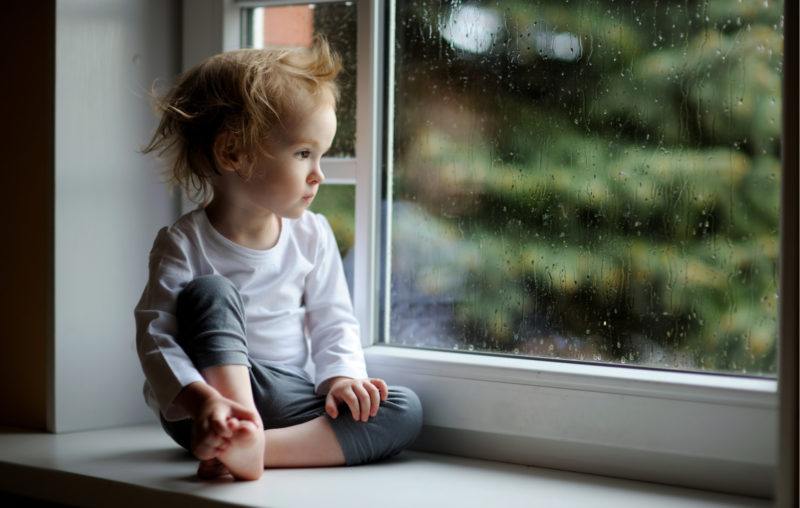COVID Lockdowns Will Kill Christmas

I’ve always found it difficult to buy presents for men. Christmas is especially difficult: you try to balance the thoughtfulness and value of the gifts you find for the guys in your life with whatever fantastic, ‘oh-my-gosh-I’ve-always-wanted-this!’ present you found for your mother, aunt, grandmother etc.
So Christmas is challenging, but then there are “big” birthdays (18, 21, 30, 40, …) which are even harder: you can’t just give a guy wine, a pair of socks or a new tie. And there are only so many ‘hand-made’ gifts a person needs (unless you’re my mom). I spend weeks in the lead-up to Christmas and birthdays asking myself questions like, what does [insert name of male friend/relative] want; what does he need?
Googling doesn’t help much: ‘gifts for him’ categories mostly cover men’s grooming or BBQ kits, coffee or alcohol-related items, socks and ties (again?!), pocket knives, watches, pyjamas, and gag-gifts.
My brother turns 21 in October.
I have been looking for a decent present for over a year now. So imagine my joy when I finally find the perfect gift: a 3D printer.
The Creality Ender 3 Pro is available for around $200, and spools of PLA filament are around $20 each. Or at least that’s how much it is in the USA. International shipping to my brother in Australia? Easily over US$400. Ordering off Amazon Australia? Quickly adds up to over AU$500+ (plus looong wait times). Bought direct from the retailer (shipping China to Australia)? Again: over AU$500.
Why is shipping so expensive, and was it always this much?
Well, no. Twenty four or 48-hour deliveries have always been a bit pricey, but, thanks to COVID-chaos, they now translate to 1-2 weeks’ wait time.
It’s not just because people are scrimping and saving due to job losses, or due to the dubious state of the economy. Closed borders and mandatory quarantines mean fewer passenger flights. Less air travel means less capacity for air cargo. Personal protective equipment (PPE) and government contracts take precedence, with remaining air cargo space sold to the highest bidder.
Chartering a cargo jet London-US (one-way) used to be $250,000. Now? Over $1 million.
A 96% reduction in travel has led to the grounding of over 62% of the world’s airplanes — which in itself has been a logistical nightmare. It’s not like parking a car: you don’t park, lock and leave. Sealing engine intakes and exhausts to protect from dust and debris; blocking sensors; disconnecting batteries; maintaining aircraft by periodically running engines and checking flight controls are just some of the near-constant maintenance required.
Converting passenger planes to cargo planes is also expensive. The Federal Aviation Administration has tried to ease goods transport by issuing exemptions authorizing airlines to transport cargo secured to passenger seats or seat tracks (provided there are no passengers in the cabin). However, restrictions on domestic transport, including domestic flights and interruptions to metro systems and airport shuttles, are forcing limited airport operating hours and closures.
Even once the pandemonium of COVID-policies passes, many airlines will have been pushed to the brink of bankruptcy. And the closer cold-and-flu season comes, the stronger the calls and ‘academic’ scare-articles for a ‘proper’ shutdown will be. Even though, in reality all they will achieve is increased misery, a deeper collapse of trade, and further scarring a generation of children.
COVID Stole Summer; It Will be the Grinch at Christmas too.
If you’re the type who visits the shops the day before Christmas, or looks on Amazon a week before: good luck this year.
Backlogged orders are insane: US school districts reportedly waited weeks for delivery of internet hotspots and tech-equipment for students to learn online. Even in mid-July, the reasonably-priced retailer I chose to order the 3D-printer from has stock arriving at the end of August, and I’m hoping domestic shipping doesn’t take more than a month.
Your in-store options may not be any better. Depending on where you live, what/how many goods are made non-locally, and what shipping conditions are like come Christmas, you may not find what you’re looking for. You may not even find anything close to what you were looking for.
Continued COVID closures will demolish the variety of gifts you can buy your loved ones as higher overheads induce sellers to be more selective in their offerings. Instead of an option of 20 different types of Lego kits, stores may only offer 2 types — both of which your kids already have.
Online retail may not be any better. Remember a few months ago, when Amazon added a shipping surcharge and the overnight quick-delivery option became ‘delivery within a week?’ Well, we can probably expect the same at Christmas.
Not the New Zealand Way
In New Zealand — which shut down hard and fast — the Ministry of Business Innovation and Employment announced back in March that inhabitants would only be able to purchase essential goods online during lockdown, stating that couriers would not deliver anything other than essentials.
This list of items included food and beverages, health, sanitary, and toiletry products — oh, and sim cards (because the only way you’ll be wishing anyone ‘Merry Christmas’ will be through FaceTime).
Aside from following the New Zealand route, or wastefully pouring money into a failing postal system (or scrapping the USPS altogether), our only option is to open up travel, and encourage individuals to accept responsibility for their own safety. Because hiding in fear is not living.
Otherwise, I hope our politicians can live with telling the nation’s children to say goodbye to Christmas this year.










